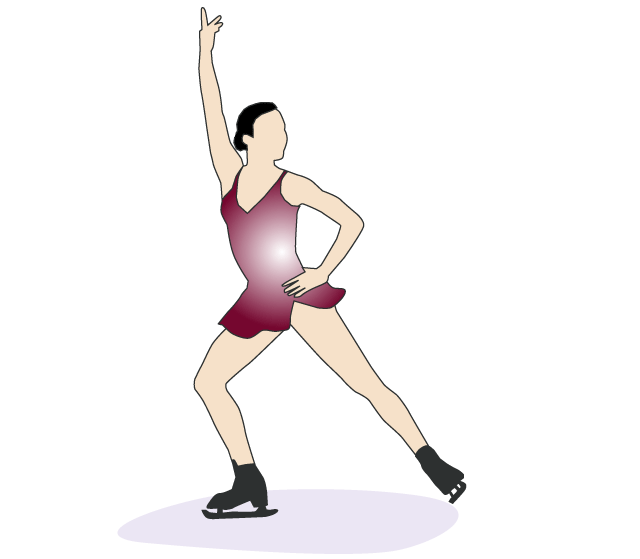
Breakdancing
Competitive dancing (Dancesport) was one of 12 sports in 2015 which was initially considered for inclusion in the 2020 and 2024 Olympic Games, but it did not survive the first cut. In February 2019, it was announced that Breakdancing was one of four sports (the others were: sport climbing, skateboarding and surfing) to be put forward for inclusion as additional sports on the program for the 2024 Olympic Games in Paris, and confirmed in December 2020. The proposed Paris 2024 men's and women's breakdancing event would involve head to head "battles" with 16 competitors in each.
There was widespread criticism when it was announced that breakdancing would be included at the 2024 Olympics. There is contention whether dancing is even a sport, though anyone who knows about the competitive form of dance will agree that fits the criteria of a sports. Dancesport has similarities to the Winter sport of ice dancing and figure skating, so it is not unreasonable to think that it is a feasible option for inclusion at the Olympics.

Ice dancing is one of the events in figure skatingIt was first introduced at the innsbruck games in 1976. It is often described as ballroom dancing on ice. In Ice Dancing the emphasis is more on how gracefully the skaters make their way around the ice compared to pairs figure skating. The skaters are in contact almost all the time, and they are marked on how well they move to the music and the quality of the steps they execute. The time limit for each routine is four minutes, and the marks from three dances (compulsory, original, free) are added together to obtain a final total.
There was a scandal in the Ice Dancing competition in Salt Lake City Games in 2002, when Canadians Jamie Sale and David Pelletier were awarded silver behind Russian dancers Elena Berezhnaya and Anton Sikharulidze. To all observers, the Canadians had skated a seemingly flawless program while their rivals had appeared to make some technical errors. Subsequent investigations found that a French judge had been pressured into favoring the Russians. It was eventually decided that two sets of gold medals were awarded to each of the pairs. Following this scandal, the sport has been overhauled, and in 2006 in Turin a new scoring system was introduced which is designed to eliminate the risk of biased judging.
